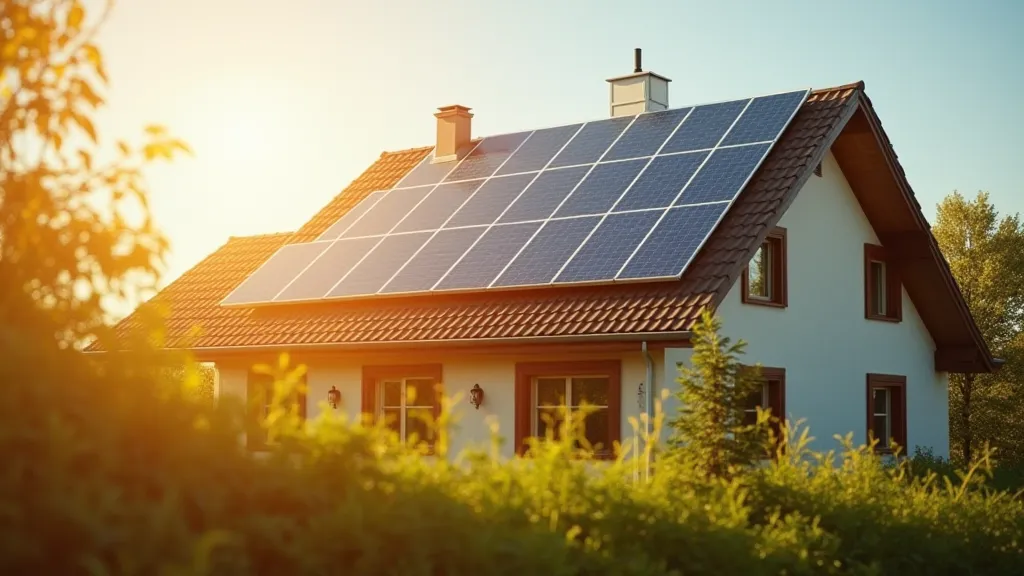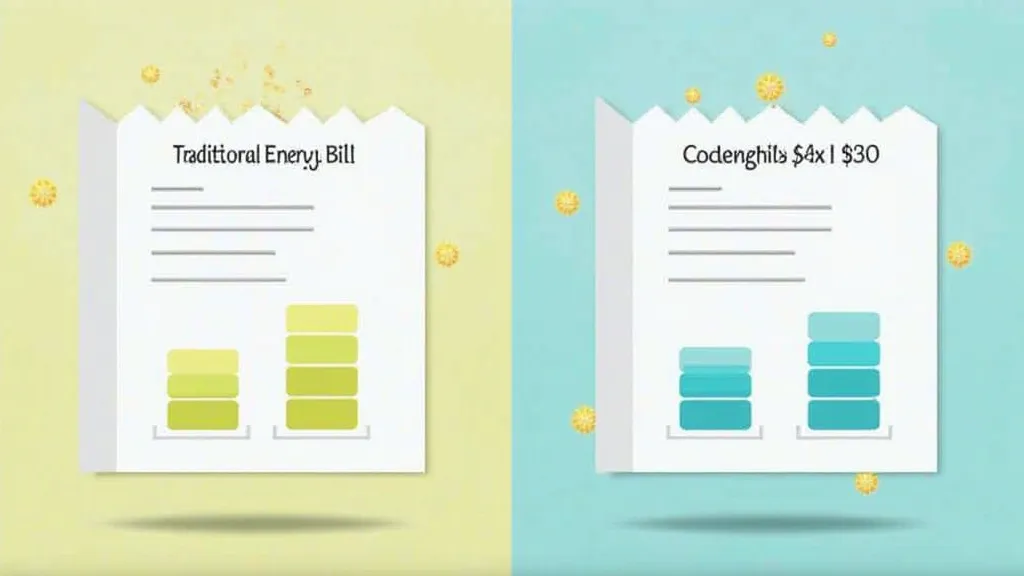Renewable Energy for Your Home: Solar, Wind, and More
As awareness of climate change and rising energy costs grows, more homeowners are looking for ways to reduce their environmental impact and lower their utility bills. Switching to renewable energy is a powerful way to do both. This article explores various renewable energy options for your home, outlining their benefits, potential costs, and available government incentives.
Why Choose Renewable Energy?
The benefits of renewable energy extend far beyond your wallet. Here’s why making the switch is a smart move:
- Environmental Protection: Renewable energy sources produce little to no greenhouse gas emissions, helping to combat climate change and improve air quality.
- Reduced Energy Bills: While initial costs can vary, renewable energy can significantly reduce or even eliminate your reliance on traditional energy sources.
- Energy Independence: Generating your own power reduces dependence on centralized power grids and fluctuating energy prices.
- Increased Property Value: Homes with renewable energy systems are often more attractive to potential buyers.
Solar Power: Harnessing the Sun's Energy
Solar power is arguably the most accessible and popular renewable energy option for homeowners. It involves converting sunlight directly into electricity using photovoltaic (PV) panels.
Types of Solar Systems:
- Photovoltaic (PV) Panels: These panels convert sunlight into electricity. They can be installed on rooftops or as ground-mounted systems.
- Solar Water Heating: These systems use solar energy to heat water for domestic use, reducing reliance on gas or electric water heaters.
Cost and Considerations:
The cost of a solar power system varies depending on size, location, and installation complexity. However, the long-term savings and potential for government incentives often make it a worthwhile investment. The initial costs can be significant, but financing options and tax credits are often available.

Wind Power: Capturing the Breeze
Wind turbines convert the kinetic energy of the wind into electricity. While large-scale wind farms are common, smaller-scale residential wind turbines are also becoming increasingly popular.
Residential Wind Turbines:
Residential wind turbines can be a viable option for homeowners in areas with consistent wind speeds. However, they require careful consideration of local zoning regulations and potential noise concerns.
Cost and Considerations:
Residential wind turbines typically have higher upfront costs than solar panels and require more space for installation. They also need to be regularly maintained to ensure optimal performance.
Other Renewable Energy Options
Beyond solar and wind, several other renewable energy options can contribute to a sustainable home:
- Geothermal Energy: Utilizes the Earth's internal heat to provide heating and cooling.
- Hydropower: Generates electricity from flowing water (typically a micro-hydro system for residential use).
- Biomass: Uses organic matter, such as wood or agricultural waste, to generate heat or electricity.
Government Incentives & Rebates
Many governments offer incentives to encourage homeowners to adopt renewable energy technologies. These incentives can significantly reduce the overall cost of installation.
Common Incentives:
- Federal Tax Credits: Reduce your federal income tax liability based on the cost of the renewable energy system.
- State and Local Rebates: Offered by state and local governments to lower the upfront cost.
- Net Metering: Allows homeowners to sell excess electricity back to the grid.

Energy Efficiency: A Crucial First Step
Before investing in renewable energy, it's essential to focus on energy efficiency. Reducing your energy consumption through insulation, energy-efficient appliances, and smart thermostats will lower your overall energy needs and maximize the benefits of any renewable energy system you install.
Making the Switch
Transitioning to renewable energy can seem daunting, but the long-term benefits for your wallet and the planet are undeniable. Research your options, explore available incentives, and consider consulting with renewable energy professionals to determine the best solution for your home.






